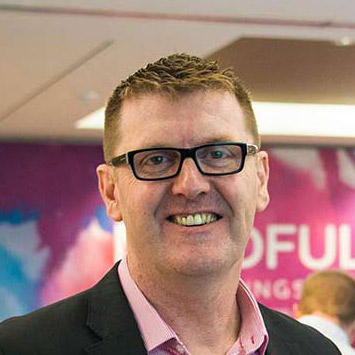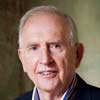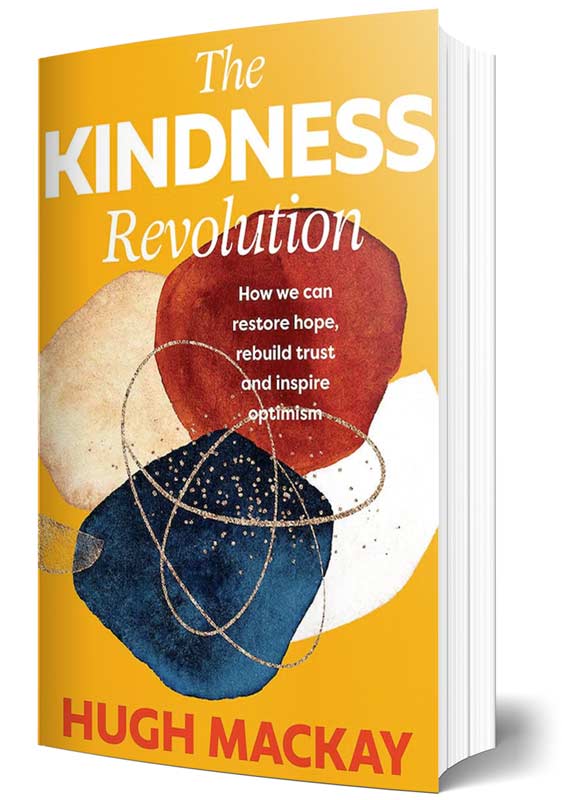The Kindness Revolution
How to restore hope, rebuild trust and inspire optimism
Hugh Mackay is an oxygenarian, psychologist, author, weekly newspaper columnist, social researcher and the founder of the The Ipsos Mackay Report.
His latest book The Kindness Revolution is a beautifully timed reminder of why kindness is needed to be demonstrated right now. His book is like a tonic to all our frustrations, anxieties and despair about all the changes, challenges and uncertainty that we are experiencing that have only been exacerbated by the Covid pandemic.
Kindness is the greatest love that we can demonstrate, Mackay argues. In fact, it is what makes us human and when done well, is our ultimate superpower. A simple claim, but a big bold audacious claim that everyone of us can do right now, every day – being kind and proactively giving unconditional kindness.
Published well into the pandemic in May 2021, Mackay is fully aware it’s been a tough couple of years. From bushfires, lockdowns, physical distancing, school closures, wearing masks, QR codes, businesses collapsing, etc. It has been brutal.
However, Mackay states that ‘nothing clarifies our priorities like a crisis. A once in a century global existential crisis that forces us to reflect, reassess, and rethink everything that is important to us.
Ironically, in amongst all this despair and uncertainty Mackay argues that the vast majority of us have been selfless and have acted with cooperation, care and with overall kindness to each other. In fact, our spirit of looking out for one another has only increased during this pandemic period.
People are cooperating on a large scale. Staying at home, doing the right thing for the greater good of humanity and for the care of the vulnerable. This period has been a global cooperative reassessment of why healthcare workers, supermarket and food supply workers, garbage collectors, police, transport workers, etc are of immense value and should never be taken for granted. The homeless, the elderly, the vulnerable all need to be looked after because the care of all disenfranchised groups is as important as the care of us all.
If anything, Mackay is concerned that all this kindness may dissipate after the pandemic, just like it can do after positive unifying events such as the Sydney Olympics.
I loved his chapter ‘taking the rough with the smooth’ where Mackay uses the seasons of the year as a metaphor for the expected ups and downs in life. Sure, we will have some smooth moments in life, but it is absurd to think, and more importantly to expect, that life is always going to be smooth sailing.
No one is immune. Everyone will have inevitable disruptions, upheavals, and life catastrophes. So, we need to prepare for rough times, embrace them, then learn and grow through these rough patches. But always with kindness.
It is in these rough times where we experience pain and sacrifice, but it’s in these tough times that we have a choice. We can become angry, frustrated, and cynical, or we can re-evaluate what is important and how interdependent and interconnected we really are and how we can become even more cooperative and caring.
Importantly we need to stop the ‘seductive fantasy that we are meant to live in a haven of tranquillity and prosperity’. Mackay compels us to embrace the rough with the smooth as many great relationships not only endure but are created in the toughest of times.
The sceptic in you may be thinking, kindness is not the human condition and in fact people are selfish, ego driven demonstrating the human default positions of conflict, aggression, and toxic competitiveness. However, Mackay argues convincingly ‘we were born to cooperate, not compete’ and our capacity to cooperate through kindness is built in and indeed it is our natural default position.
Sure, humans can be aggressive, mean spirited, uncooperative, and self-centred, but this is the exception rather than the norm.
My favourite chapter is on ‘cynicism and indifference’ and why cynicism is always destructive and the antithesis of his kindness movement. How behaving contemptuously while sneering at others destroys the creation of social harmony, railroading optimism and people’s attempts to make the world a better place.
Cynics sit in the stalls and are bystanders to life, placing their interests above all others. They judge with contempt all the people in the arena working hard on trying to make a positive difference in their world. As Mackay say’s ‘better to stumble while trying to contribute something useful than to contribute nothing at all’. He also reminds us that being cynical is always destructive and corrosive and being indifferent is cynicism’s ugly bedfellow that shakes the foundations of communities and workplaces.
Mackay implores us not to become that indifferent or cynical person and acknowledges that at times this can be challenging when stressed and under pressure. However, he also implores us not to exclude the cynics in our lives nor run from them (unless of course the situation is toxic and you need to escape) but indeed be kind and generous with the cynics. To become respectful and more inclusive of the cynic ‘is the only pathway to social harmony’.
My preference is to ‘run’ from such people or to call them out – in fact I like to take them down at times! So, this is a very challenging concept for me to be kind to the cynics in the world. This is my new kindness challenge!
Mackay reminds us that ‘life is imperfect and resolves only in death!’ Sobering but true.
Sure, human existence both individually and societally is frustrating, unpredictable, and sometimes disappointing, but being alive is also awe-inspiring and having great experiences can only happen through love, kindness, and connectedness.
Kindness has the capacity to be therapeutic and transformative and it is better to start first by giving it and not sitting back waiting to receive kindness from others. I really encourage you to read his book, or more importantly to join his kindness revolution, ‘refusing to be elbowed aside by ego,’ demonstrating kindness that never gives up on ‘indiscriminate kindnesses’ to all.
What really struck me about this book is that we know what we need to do to become a kinder and more caring society and we are enlightened enough now to know how this works. This revolution, the simple but powerful kindness revolution, needs to start today with you and me. Remember, revolutions never start at the top.

Book review by:
Richard Dore - CEO, Proteus Leadership


